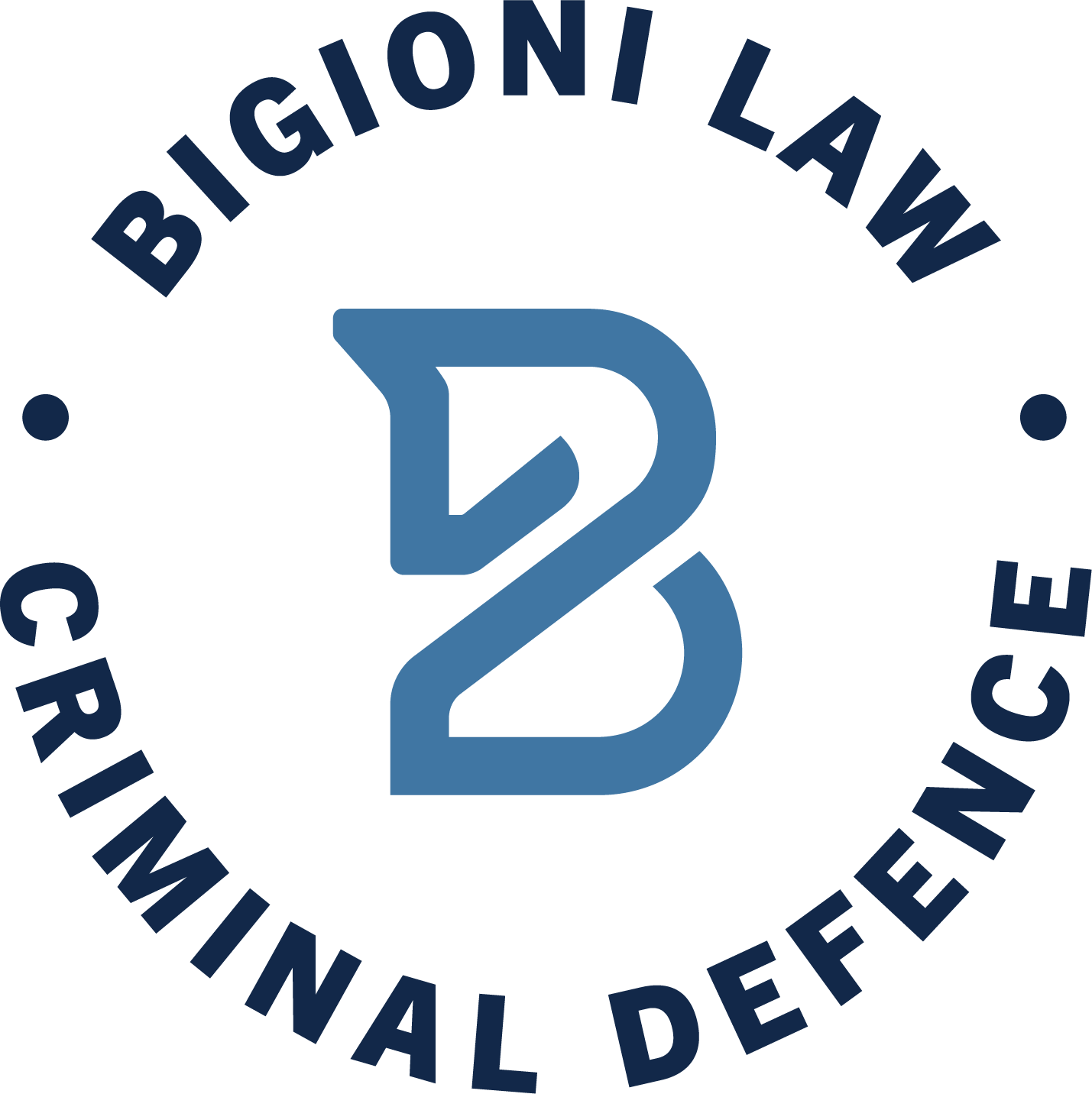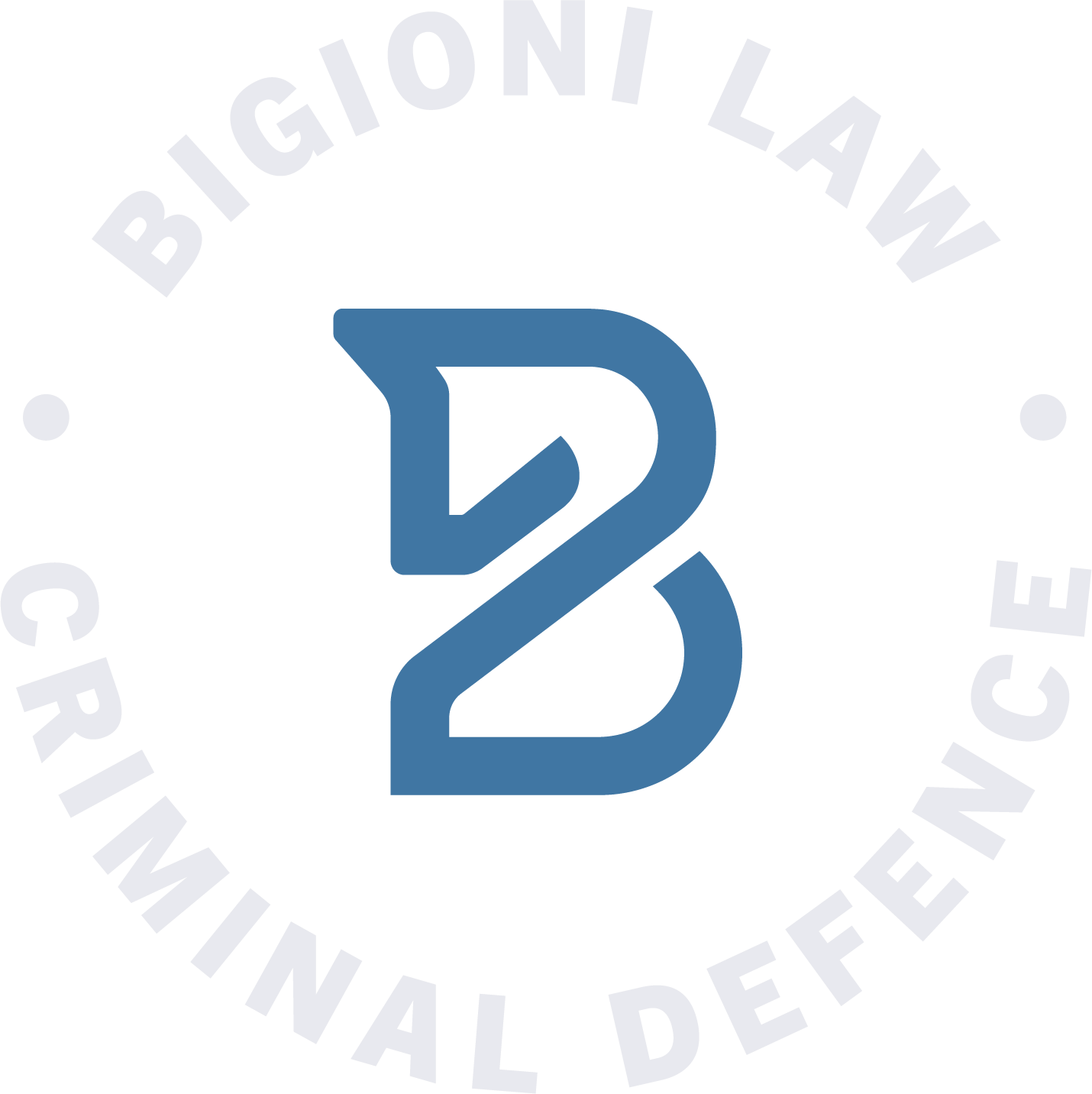Are you or a loved one facing kidnapping charges in Ontario? If so, it is important to seek the help of a skilled criminal lawyer at the earliest opportunity.

Kidnapping is defined under Section 279 of the Criminal Code of Canada as forcibly confining, imprisoning, or carrying a person away without their consent—with the intent to cause them to be confined or imprisoned against their will. It also includes using threats, deception, or force to take or hold someone, often to control their movement or location.
Unlike unlawful confinement (which involves holding someone in one place), kidnapping usually involves moving the person or transporting them from one location to another. This is a serious indictable offence with long-term legal consequences.
Kidnapping is among the most serious offences in Canadian criminal law. If convicted, you could face:
A maximum sentence of life in prison
A mandatory minimum of five years in prison if a firearm was used or if the victim is under 16 and the accused is not the parent
Additional charges, such as assault, sexual assault, or unlawful confinement, which can be added on top
The severity of sentencing depends on several factors, including the age of the victim, whether a weapon was involved, and whether the accused has a prior record.
Not necessarily. While the stereotypical idea of kidnapping involves ransom demands, Canadian law applies the term broadly. Some common real-world examples include:
Domestic disputes where one parent takes a child without legal custody or consent
Romantic or personal disputes involving attempts to control a partner
Human trafficking or exploitation scenarios
Attempts to intimidate, punish, or isolate someone
Even if there was no demand for money or intent to harm, removing or detaining someone against their will is enough for a kidnapping charge.
Every kidnapping charge must be proven beyond a reasonable doubt. Common defences include:
Lawful authority or parental rights (in child-related cases)
Lack of intent to confine, restrict, or intimidate the person
Consent – If the alleged victim willingly went with the accused
Mistaken identity – If there is weak or unreliable witness evidence
Charter breaches – If your rights were violated during investigation or arrest
At Bigioni Law, we dig deep into the facts to uncover what really happened. Not all accusations are accurate, and the Crown’s version of events can often be successfully challenged.
Kidnapping charges are high-profile, high-risk, and often accompanied by other serious offences. Police and Crown prosecutors treat these cases with urgency and severity—and so should you.
With your future on the line, you need a defence lawyer who:
Understands the full scope of Canadian kidnapping law
Knows how to challenge emotional or exaggerated accusations
Can work quickly to protect your rights before a narrative forms
Has experience with complex, high-stakes criminal trials
Bigioni Law is here to provide you with exactly that level of representation.
If you’re facing a kidnapping charge, the decisions you make now will shape the rest of your life. At Bigioni Law, we provide strong, strategic legal defence to protect your rights and push back against serious accusations.
Here’s what you’ll get when you work with us:
A confidential, judgment-free consultation
Clear, honest advice about your options
A powerful defence strategy built on facts and legal insight
Tireless representation from an experienced Ontario criminal lawyer
This is not the time to wait or guess. Contact Bigioni Law today and take the first step toward clearing your name and defending your future.



.png)
Bigioni Law is led by Andrew Bigioni, a top Ontario criminal lawyer. Andrew handles all cases personally, so you can get the care and expertise you deserve.


When you or your loved one are threatened with the consequences of a criminal charge.